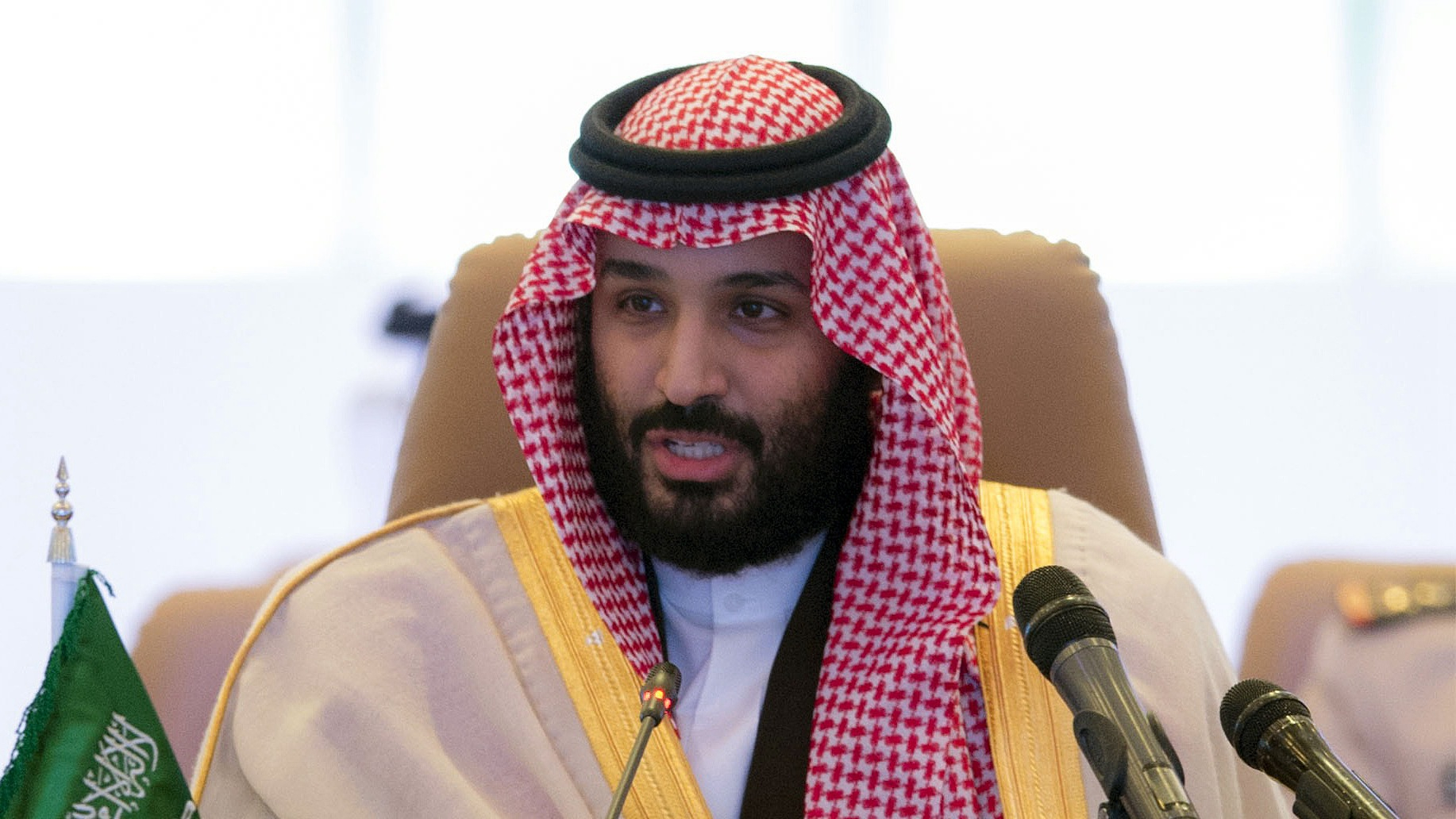
(Photo: CGTN)
Just 32 years old, the King-in-wait of Saudi Arabia, Mohammed bin Salman (MBS), could rule the country for decades once he gets the throne.
As a self-claimed reformer, MBS is getting the acknowledgment of improving gender equality like allowing women to drive but is also widely criticized for leading a Saudi coalition to war in Yemen, which caused over 10,000 deaths.
The international opinions of this future Saudi leader are controversial.
Ali Al-Ahmed, the director of the Institute for Gulf Affairs, showed contempt to this celebration of the human right improvement in western media. He criticizes the intimacy shown by the western media which is essentially PR promotion of those leaders. The real drive for this merciful improvement of women’s status, according to his analysis, is the economic pressure laid by the US Supporters of MBS argued that Ali is too pessimistic.
Faisal Al-Shammeri, a political analyst and columnist and for Al Arabiya, said that reform is already taking place amidst a difficult situation, and will take time from one step to the other.
Given that 70 percent of the population in Saudi Arabia is under 30, MBS represents pretty much the will of the young generation. The ambitious crown prince launched a development proposal called “Vision 2030,” outlaying two sovereign-supported economic zones that cost $500 billion.
“The young bulge and the symbol of leadership is a real departure to the past,” said Karen Young, a senior resident scholar at the Arab Gulf States Institute.
“Is this a reform? Yes. Does that mean democratizing? Certainly not.” According to her research, Saudi is seeing driving ladies on the road, but arresting women activists criticizing MBS on the other hand.
Negar Mortazavi, the Washington correspondent for Iran International, resonated that idea, pointing out the disapprovingly low status of women in Saudi.“It’s not about going to movies or driving, but opening their own bank accounts and to live independently as women,” she said. “The improvement of the country is inflated by PR.”
As the country’s defense minister, MBS played a major role of leading a coalition to war with Yemen. The massive casualties of the war are drawing international attention.
According to the UN and other sources, from March 2015 to December 2017, an estimated 8,670 to 13,600 people have been killed in Yemen, including more than 5,200 civilians.
“Saudi is in a very difficult region,” said Faisel. “It is forced to intervene by the legitimate government of Yemen.”
However, some experts are comparing the war between Saudi and Yemen as the one between Iran and Syria.
“We are hearing similar explanations of having war,” said Negar. “But there are no excuses for killing kids on the school bus with headlock marking bombs. These two wars are just similar.” The most common goal of Saudi and Iran is to project power and exert influence on other surrounding countries.
What gets on the nerve of the international community, she underlined, is that all these deadly weapons are imported from the US Ali thought that the Saudi regional positioning strategy contributed to the war.
“Saudi wants to be the No.1 and doesn’t like any strong neighbors,” she said. “Instead of building itself up, it always tries to step other down.”
The US has been a critical part of the Saudi defender in the region. During the Obama administration, the relationship between Saudi and the US has been sometimes on the rock, but the Trump administration showed new intimacy with MBS.
Karen saw that as the result of Saudi achieving the burden-sharing goal with the US, and as a reward, Saudi got the “green light” from Washington to be an interventionist.
The US media seemed to show the closeness to the country in proportion to the government’s affinity. Negar, as a correspondent for Iran international in D.C., expressed her view that the perception of women status in the country depends mainly on whether the country is an American ally.
“When the Saudi women are celebrating their rights to the cinema, we have women directors in Iran,” she said. “If you are not doing large arms purchases with the US, you will be put the much darker side of the story.”As for the reform, Negar is cautious about calling it a “reform.”
“Whether this reform is genuine will depend on whether those promises are realized in the future,” she said.
The Heat with Anand Naidoo is a 30-minute political talk show on CGTN. It airs weekdays at 7:00 a.m. BJT and 7:00 p.m. Eastern in the United States.


